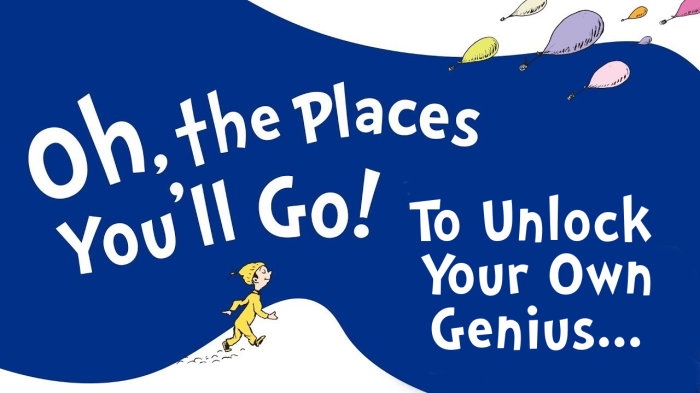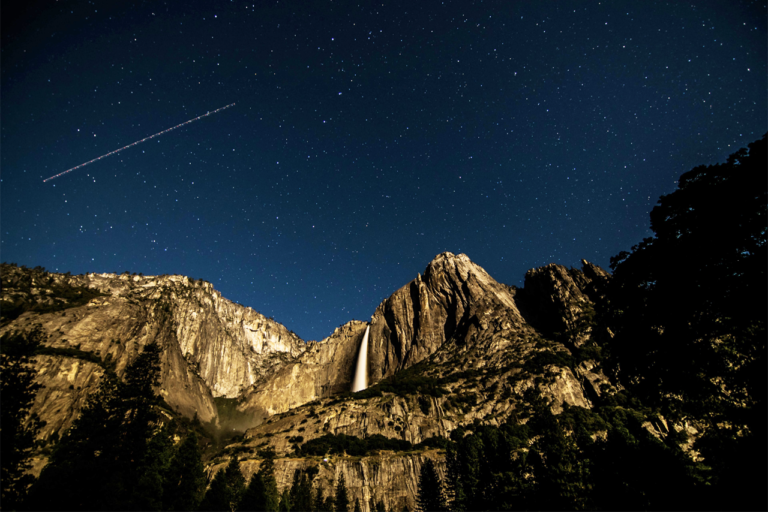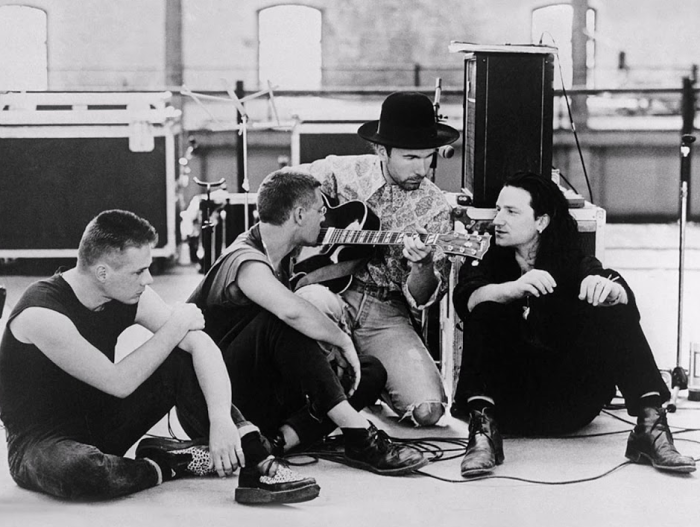

Why do we desire? What is desire?
In practical terms, it’s a craving, a longing, a strong feeling that we are worthy, a wish for something based upon a need or hunger.
Desire… It whets your appetite, gets your juices flowing, gets the wheels turning, and once it aligns with your passion, everybody stand back!
But where does desire come from?
Something must trigger it because not everyone desires the same thing… At least not at the same time.
Propaganda would tell us otherwise. This is information of an especially biased or misleading nature, used primarily to promote or publicize a particular cause, product, or point of view. Often, we are so deluged with marketing messages, that at some point, even though we have resisted as much as possible, we find ourselves looking at the very messages we’ve attempted to avoid the first ten times.
Marketing and advertising know it takes at least several repeated pings before someone starts to take action and react.

And the devices to create that desire are getting more and more savvy.
Solution, connection, and creativity are key psychological devices that trigger a response, convincing you to react to their messages.
Alluring buzzwords are specifically geared to elicit a ‘desired’ response from you, organic, free, rich, healthy, natural sure-fire, guaranteed, successful, wealthy, easy, simple, secret, MUST HAVE, and so many other enticingly emotional phrases, all designed to spark and ignite your desire.
And where does free thought enter into this? How do you know when you’re making your own decisions or when you are being influenced by outside sources?
In many cases, you don’t. We never know what is going to trigger a reaction. But great, intuitive ideas can also create those same desirably emotional responses within you. And you never know what will fan the flames of that genius idea.
Is desire a trap? Should we want freedom from desire? Depending on what you desire it can be a source of motivation, which is a good thing. And let’s understand something. Desire is not envy. Envy is coveting something another person has. It’s built upon jealousy and discontent.
So, what does it all mean? Well, it means two things. First, there is nothing wrong with desire, it can be a great motivator to discover, invent, or find out who you really are.
The real question to ask yourself is, is your desire based upon need, want, or pleasure, and is it of your own creation, or is it coming from an outside source, influencing you to react to their suggestions?
It’s important to pay attention to whether you’re being triggered to respond to something promising to make your life better, simply because you just want a small break or some breathing room from all the chaos and demands of daily life.
This means that desire can either be orchestrated by outside influences geared towards swaying your rational mind to even consider buying into what they are selling, or it’s learning how to create a natural, internal source of desire by cultivating your intuitive gifts; creativity, curiosity, your sense of adventure and exploration, and a driving need to figure things out. That’s where real passion and excitement come from; the need to pursue an original idea of your own design.
Now, I’m not saying that Disruptors can’t be influenced by outside sources, but from everything history has taught us about true Disruptors, they are, for the most part, motivated and influenced best by something internally unique to their own dreams, vision, and desires.
The reason and the difference are simple to understand. Disruptors just think different. Yes, Jobs got it right, and it’s because he too thought differently. They were all driven by an internal intuitive nature.
Part of this difference is found within the distinction I give to the word disruption. It is not specifically a business concept. In fact, business convolutes disruption by interchanging it with the word innovation. But they are very different indeed.
To quickly sum them up, innovation is a rational construct, whereas disruption is an intuitive process. And by now you’ve read enough of my articles (and my book) to hopefully understand the distinction.
If desire can be used to understand the intuitive mindset, it’s simply this; someone pursuing an intuitive idea desires to understand and uncover its mysteries. Or, to unravel a thread of curiosity to see where it leads.
And in this way, desire is a construct of one’s own creation whereas other types of desires are usually geared to influence you through psychological marketing from outside sources.
I can still remember being eight years old when my mom took me to Yosemite for the first time, and I saw shooting stars. I couldn’t grasp what I was seeing, but it exhilarated me, filling me with such awe and wonder, and I desired to learn more.

Our curiosity, along with an uninhibited willingness to take chances and venture beyond our current state, is an important part of what makes us so unique.
And in this way, we desire to learn and know more. Desire changes how and what we crave. It encourages us to dig deeper and discover what we are capable of. In this case, desire is knowledge.
When one’s desire is unhindered by outside influences, it becomes more organic, and like a ball of clay, we can then mold it into what we wish and dream. But the real trick is to understand what is behind desire. What triggers it? In other words, what influences you to desire something?
The answer Is usually found within the outcome. If you have something you desire, does pursuing it make you more special, famous, influential, monetarily wealthy, or happier? What is the outcome you want based upon that desire?
As children, we are conditioned early on to desire material things, the shiny object, that new toy or doll, or colorful clothing. And as adults, we continue down this path of material desire and do the same.
And very few of us are motivated by an internal desire based upon a driving curiosity to discover, build, create, or explore just for the sake of knowing or figuring something out.
Instead, most people desire in order to gain something they think will raise their status and give them importance, typically of a monetary nature, notoriety, fame, or what many crave, fortune.
But when someone like Charles Darwin or Amelia Earhart desires to discover, we admire their journey, their adventure, and their experience.
But these days, like the U2 song Desire alludes to, we often desire the wrong thing:
She’s the dollars
She’s my protection
Yeah, she’s a promise
In the year of election
Oh sister, I can’t let you go
Like a preacher stealin’ hearts at a travellin’ show
For love or money, money, money
Money, money, money, money, money
Money, money, money…

Sometimes we’re forced into it because life in an urbanized world dictates that we desire money just so we can get a little breathing room. And that’s a real shame because it encourages rational pursuits while diminishing one’s natural, intuitive gifts of creation, discovery, and exploration.
But I was talking with someone the other day, and we agreed that someone’s desire in an urban city is vastly different from someone living in Fiji. Maybe one desires less while the other desires more or is just happy with the way things are currently. Huh.
Desire can also be based upon ego. One’s needs to stay current, keep up, master the secret to fame, fortune, and wealth, then show everyone what they’ve accomplished. Or their ego can bruise them by pointing out how little they’ve accomplished. Yikes!
Desire itself is not a catalyst, but the object of your desire can be.
There are so many fascinating wonders in the world and even more to be discovered. So don’t limit yourself or your natural desire to explore. Burst the often-confining bubble of comfort and stretch your realm of possibility. You’ll not only be surprised, but you’ll also surprise yourself with what you’re truly capable of.
By being inquisitive or curious about many different studies and philosophies, one never knows what will be the next spark that sends them off in a new direction, giving them the unique ability to connect to the unlikeliest of things.
Curiosity opens many doors which will inspire, amaze, and propel you toward incredible directions of discovery and opportunity. Think Alice in Wonderland. You must be willing to explore unmapped roads, both literally and metaphorically. Go down the rabbit hole. Broaden your scope of knowledge by being willing to be curious, investigative, and open to new thoughts and ideas. Don’t stifle yourself because there’s something you don’t know. Instead, be inquisitive, seeking to know something simply because it’s intriguing.
If there’s anything I could impart to you, it would be to stop chasing the shiny penny, pay attention to who is marketing to you and why, and instead go after and pursue what makes you most curious, what brings you the most wonderment, and what sparks your imaginative nature. That’s where the real juice will be, that’s where desire will be most beneficial, and that’s what will bring you the most fulfillment.
And as Dr. Suess says, “Oh the places you’ll go!”